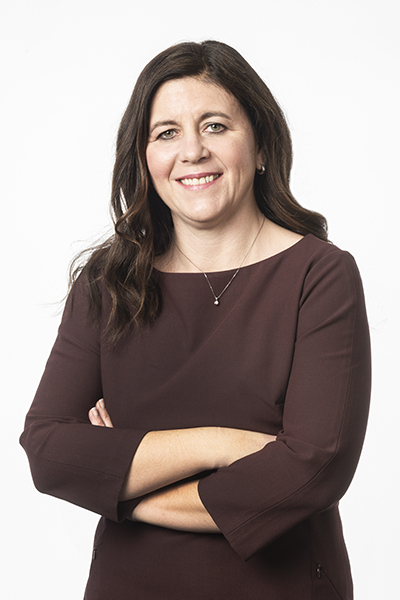The AVP of revenue cycle management at Geisinger Health System discusses the necessity of the IT department when automating in the revenue cycle.
Most revenue cycle leaders have started implementing automation in one sector or another of their department, but while automation may seem like a simple fix, collaboration is usually needed with teams beyond the revenue cycle.
More leaders are bringing in their IT teams to help streamline their revenue cycle automation, and as Christy Pehanich, AVP of revenue cycle management at Geisinger Health System, says, collaborating with IT and merging skill sets is a necessity in optimizing revenue cycle automation.
HealthLeaders: What do you see for the future of automation related to revenue cycle and IT?
Pehanich: I think that we are just starting to learn how to properly leverage automation in revenue cycle. I think there's certainly going to be a lot of opportunities for IT professionals that have revenue cycle domain expertise.
We have a lot of really smart IT engineers and application developers out there, but they do not have any revenue cycle domain expertise, and we really need to merge those skill sets in order to optimize automation in the revenue cycle.
We need to create more opportunities for IT professionals and for revenue cycle experts to merge those skills through education. Just understanding the languages in each department in and of itself can be a challenge. There are so many different acronyms that get thrown out when you start talking about automation and revenue cycle, so both teams need to know what the other is saying.
The big opportunity is to merge revenue cycle domain expertise with IT expertise and once that happens, the future of automation is limitless. Really.

Photo: Christy Pehanich, AVP of Revenue Management, Geisinger Health System. Courtesy of Robb Malloy/Geisinger
HealthLeaders: How are you working to close that gap between revenue cycle staff and other departments like IT at Geisinger?
Pehanich: It's just about collaboration and taking the time to collaborate and share what each other know.
You can no longer work in isolation or in silos where revenue cycle management is behind the scenes and not collaborating with our clinical enterprise partners or our IT partners.
That type of traditional revenue cycle is not going to be able to succeed in the future. I think that it's largely about collaboration, coordination, and taking the time to talk to one another. You need to agree on opportunities and create a task force for shared learning across all departments.
“The big opportunity is to merge revenue cycle domain expertise with IT expertise and once that happens, the future of automation is limitless. Really. ”
Amanda Norris is the Director of Content for HealthLeaders.
